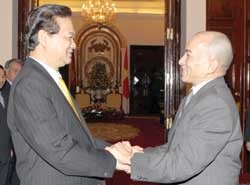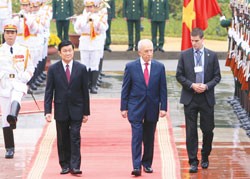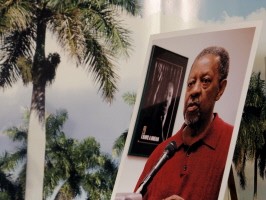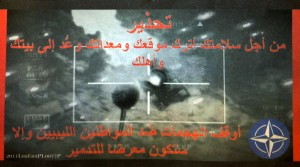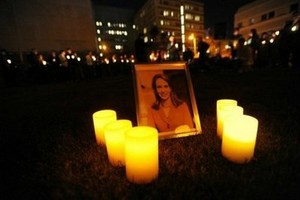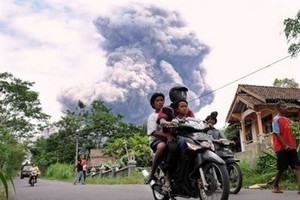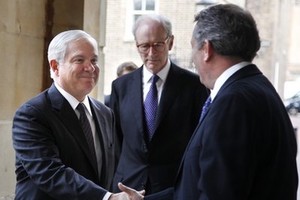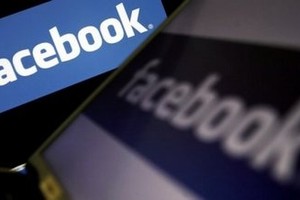Luminaries from the fields of physics, opera, poetry, theater, music and dance gathered to pay tribute to British physicist Stephen Hawking on Wednesday, with performances and speeches at a gala in his honor.
After outliving his predicted death from his degenerative disease by more than 40 years, Hawking told the audience filling Lincoln Center's Alice Tully Hall that he is thinking about what he will leave behind.
"As scientists, we step on the shoulders of science, building on the work that has come before us — aiming to inspire a new generation of young scientists to continue once we are gone," Hawking told the crowd with the help of an electronic speech synthesizer. "I am proud to have played a small role in this great story."
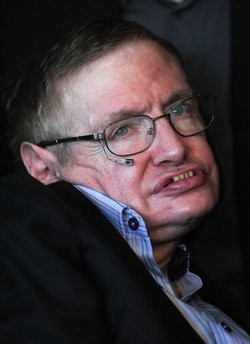
The gala merging the arts and science was the kickoff event for this year's World Science Festival, a five-day gathering meant to bring some of the universe's most complex topics to the masses.
"It really seems strange to me, that with all that's known about science, with all that's known by science about the universe, so little of it reaches us in the general public," actor and science buff Alan Alda said in his welcome speech, calling the resulting ignorance a "dangerous darkness."
In introducing Hawking, friend and fellow physicist James B. Hartle told the audience that the public's image of the nearly paralyzed Hawking as a lone figure trapped by physical limitations is false. Instead, he said, Hawking, who is best known for his work explaining the physics of black holes, has been surrounded by former students and built collaborative relationships with colleagues.
Above all, Hartle said, Hawking is able to see past mental clutter, discard assumptions and catch hold of undiscovered truths.
Even Hartle's brief discussion of the nature of time before the Big Bang seemed to appeal to an audience with enough geek power that they applauded for a "Star Trek: The Next Generation" clip that featured Hawking and laughed with recognition as Broadway singers launched into a song about a calculus equation.
The evening also featured the premiere of "Icarus at the Edge of Time," an orchestral work composed by Philip Glass and based on the children's book by celebrity physicist and festival co-founder Brian Greene.
The cautionary tale about the dangers and wonders of reaching out for new knowledge follows a spacefaring teenager as he journeys to the edge of a black hole, only to find that thousands of years have passed when he returns.
The piece, illustrated by video artists and narrated live by actor John Lithgow, was adapted by Greene and famed playwright David Henry Hwang.
Other performances featured Broadway star Danny Burstein, who sang an upbeat tune about the nature of the galaxy, and his wife, Rebecca Luker, who sang a darkly comic piece about what New York City might look like underwater.
